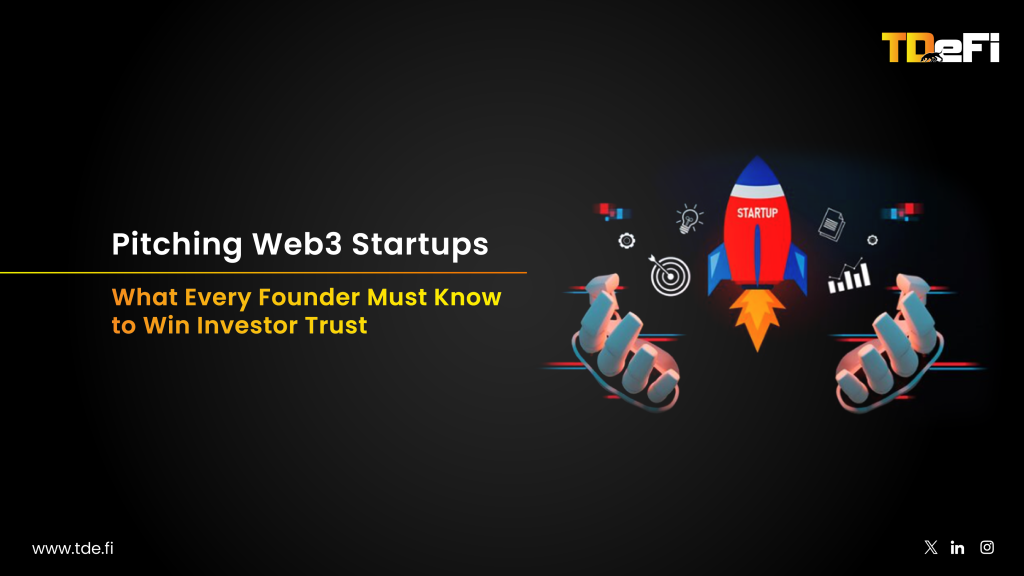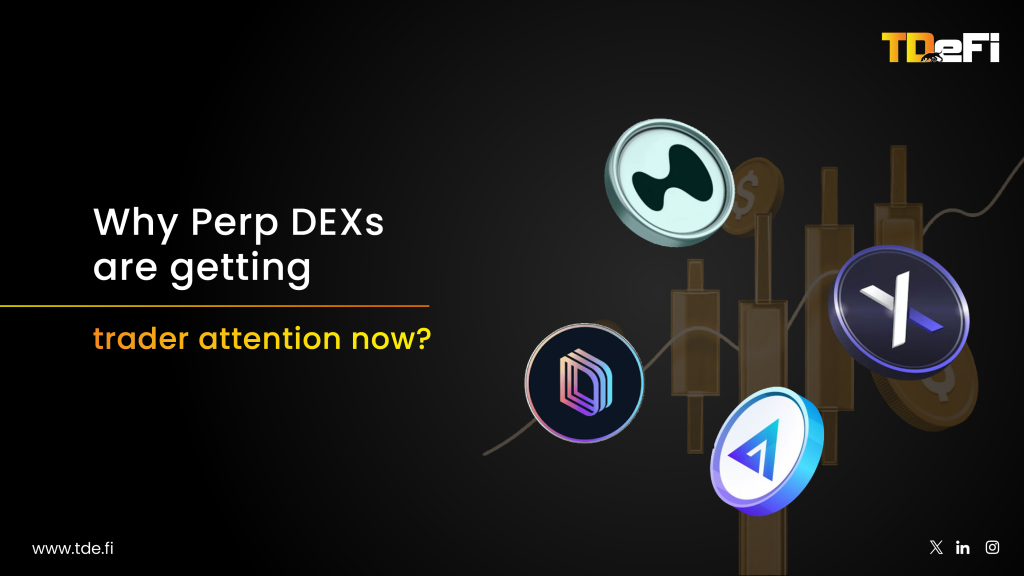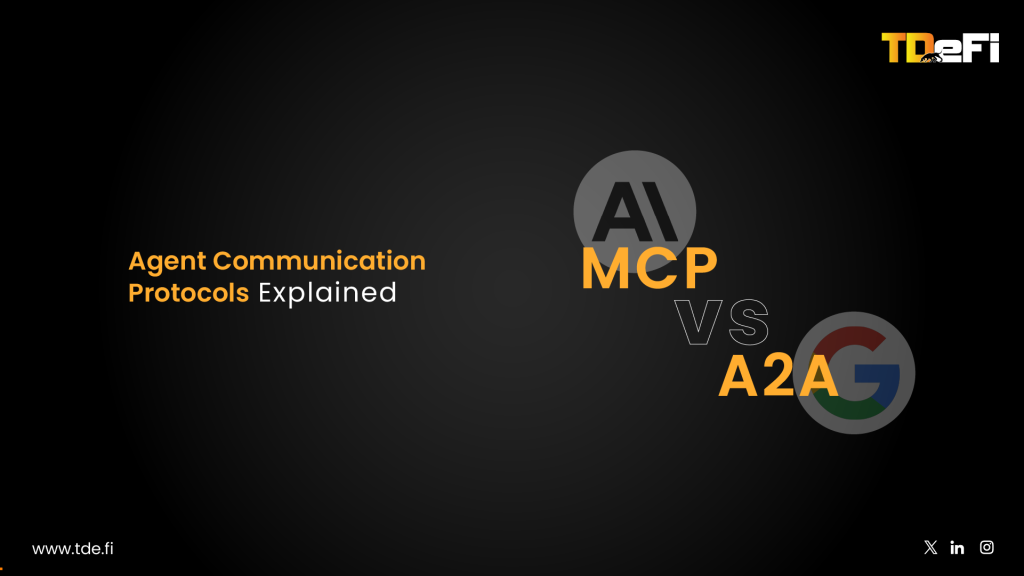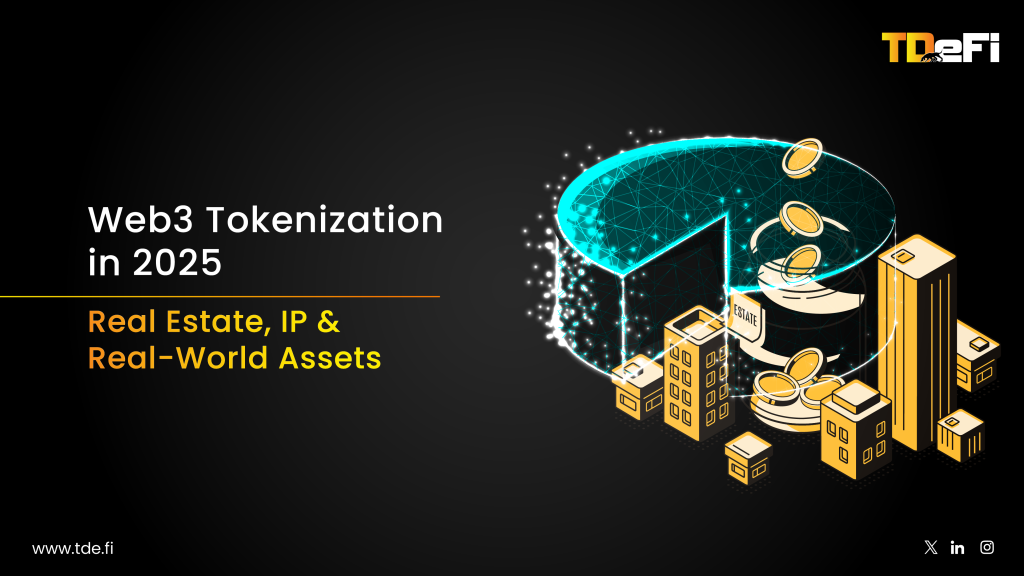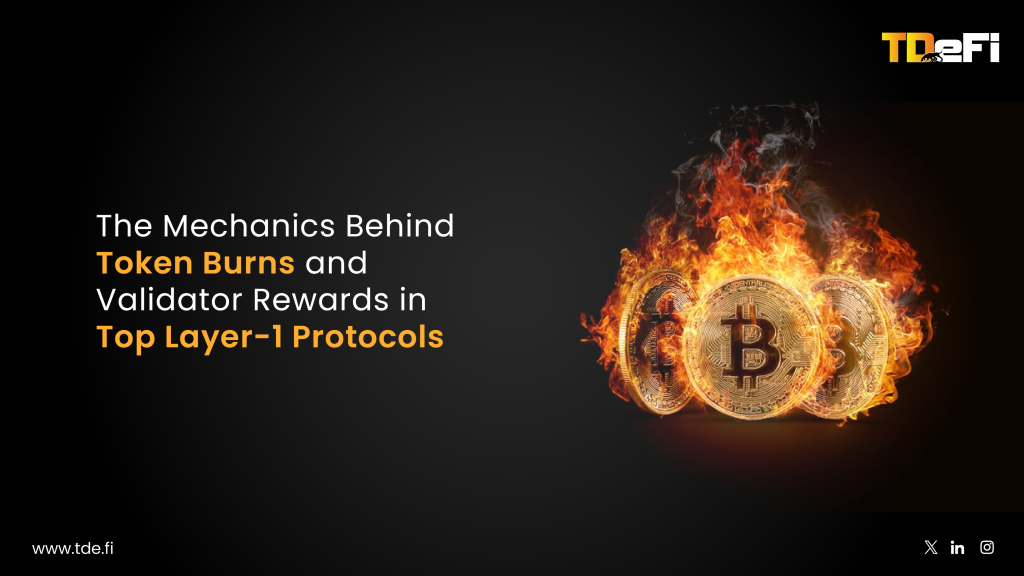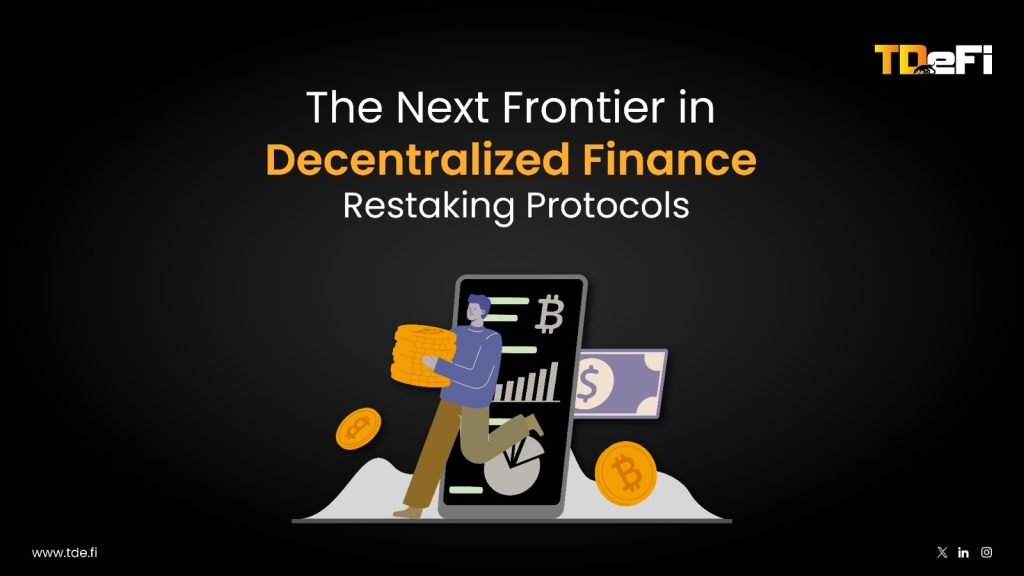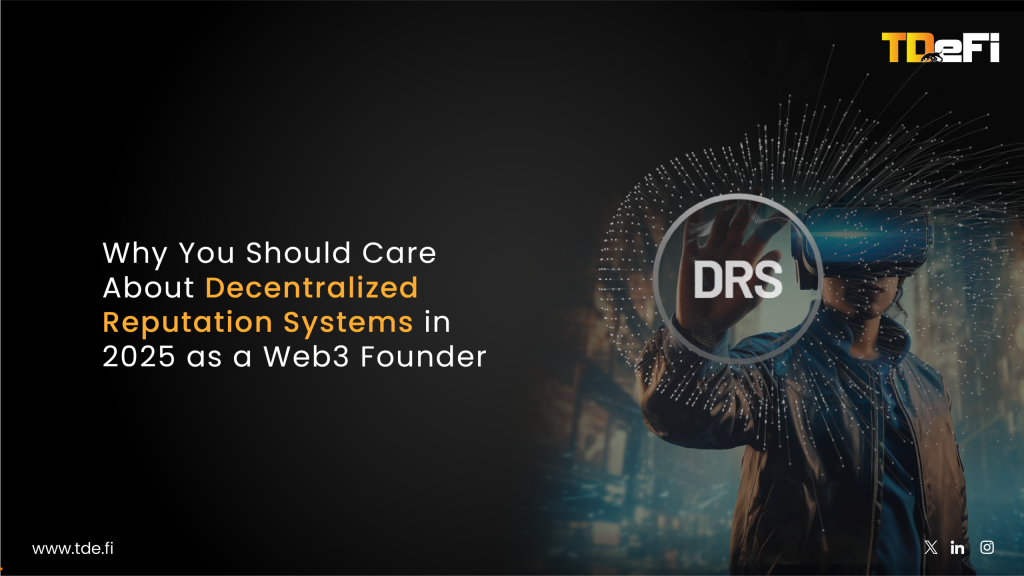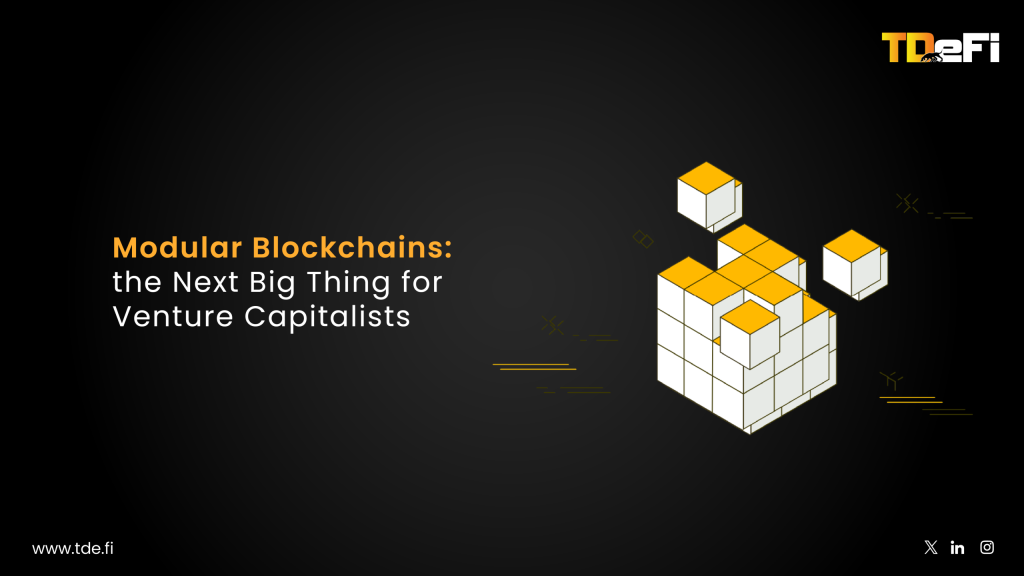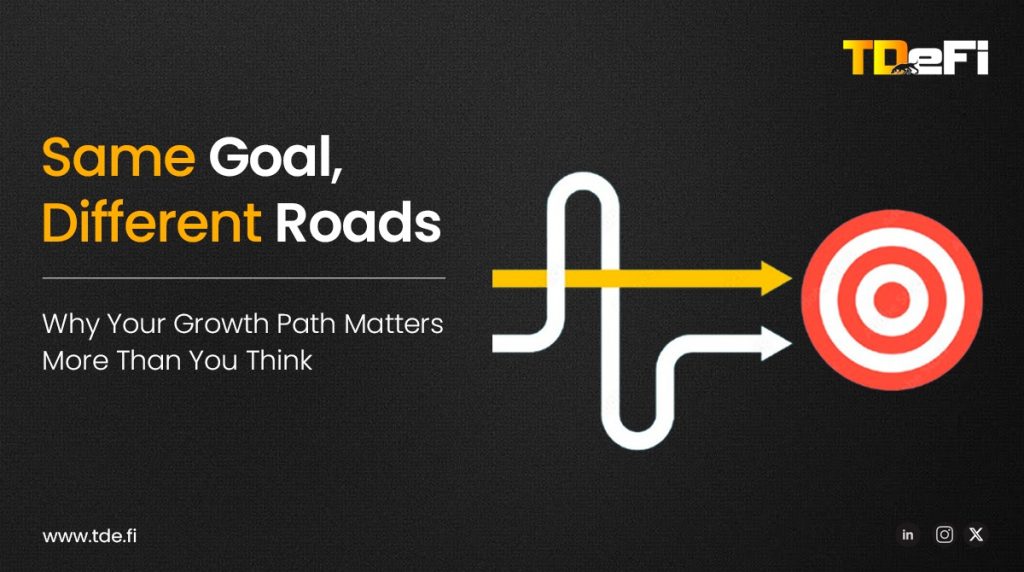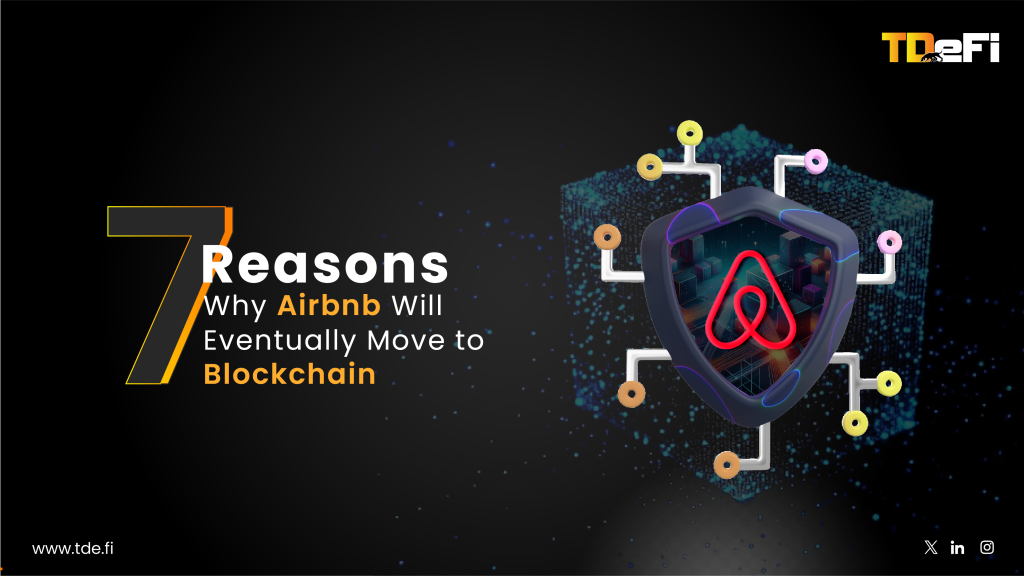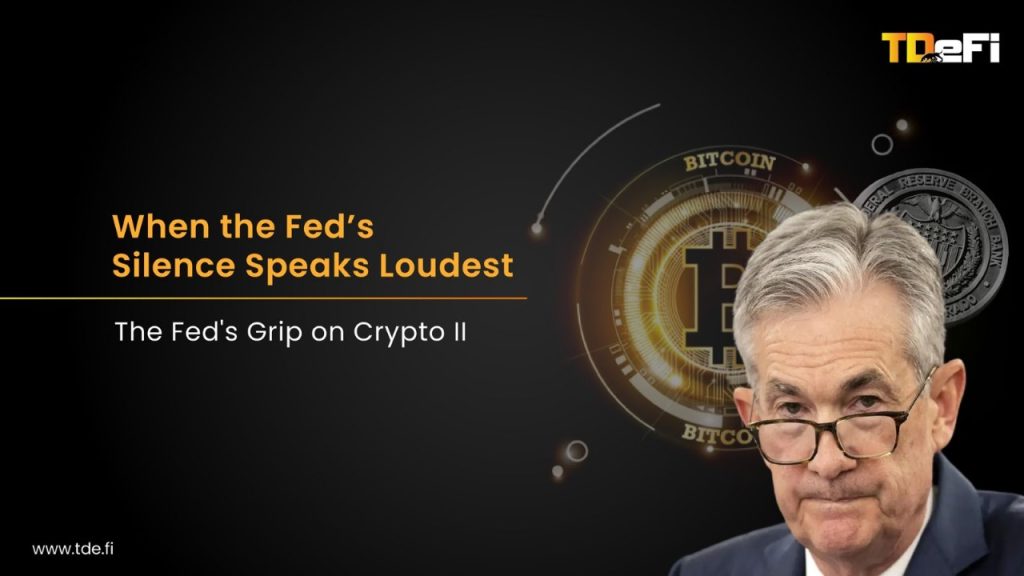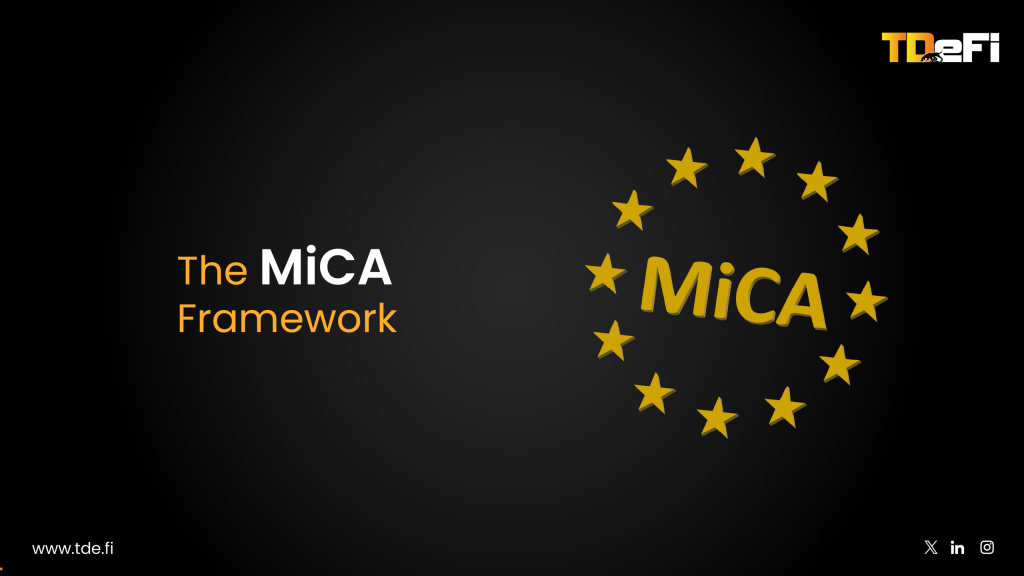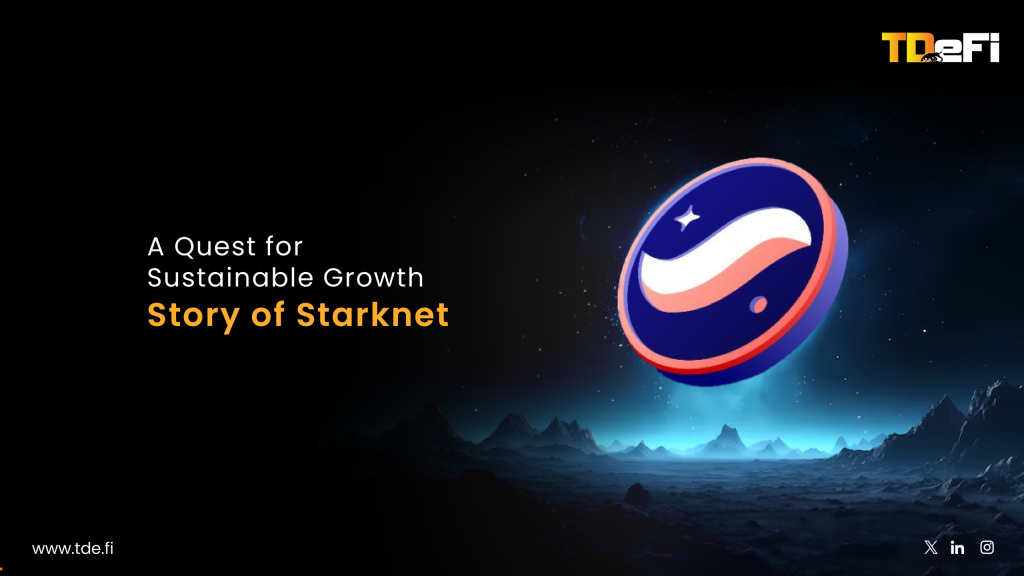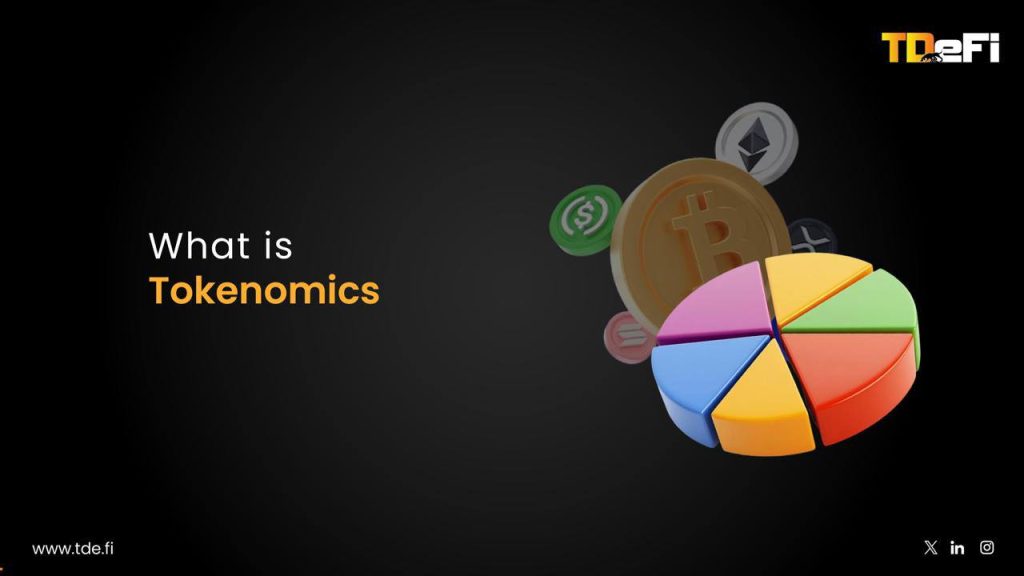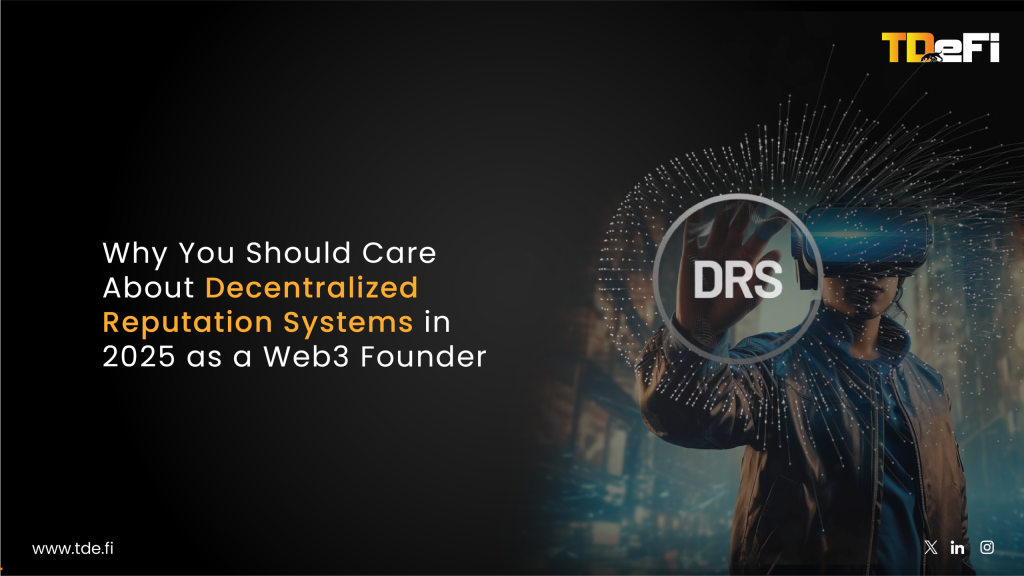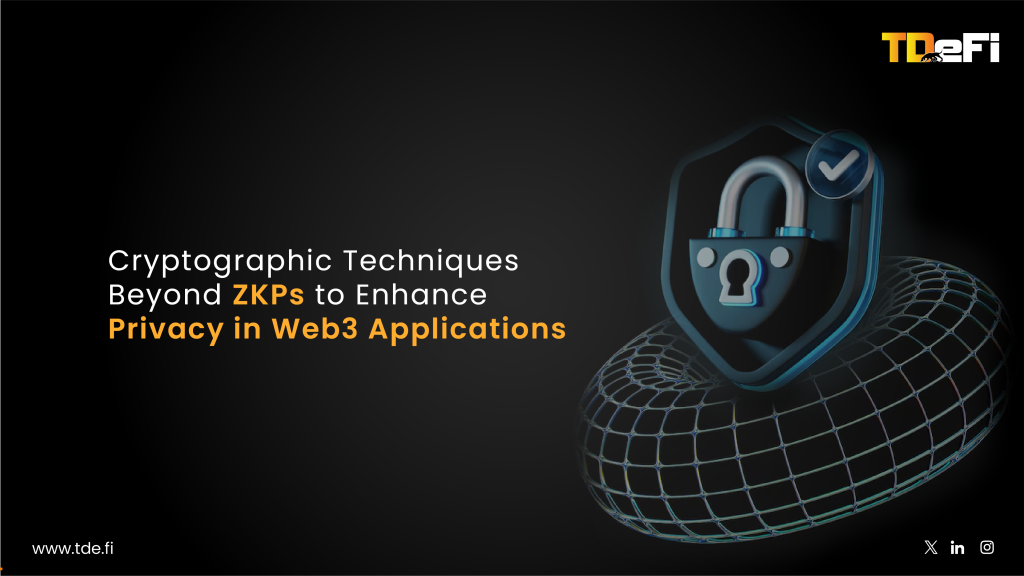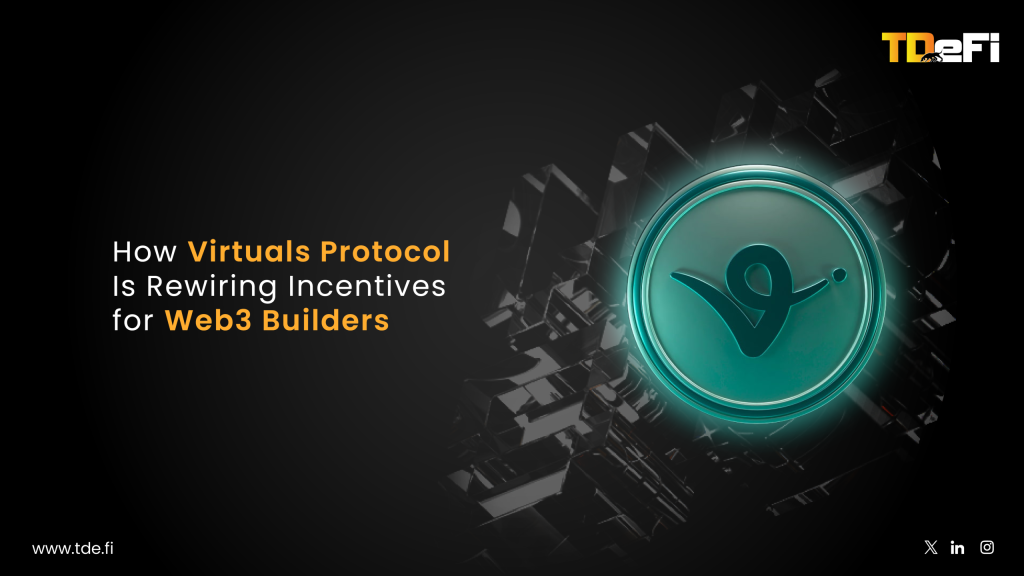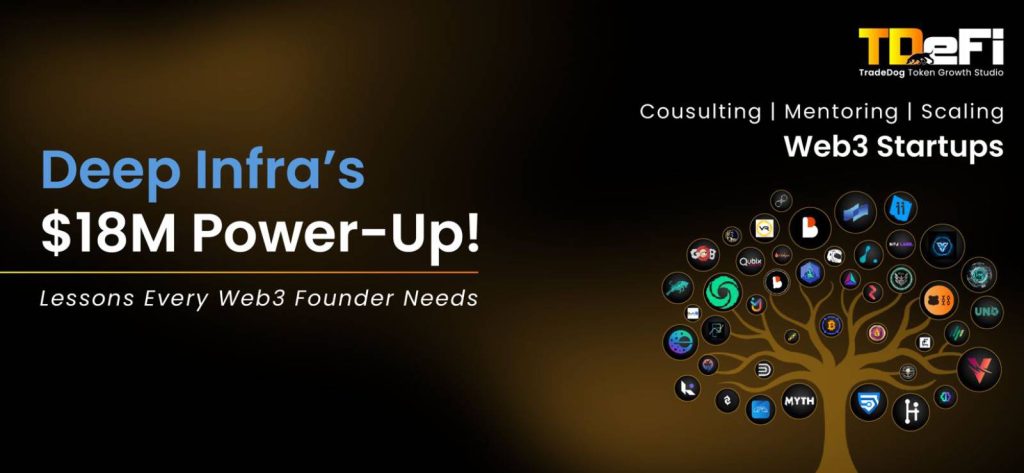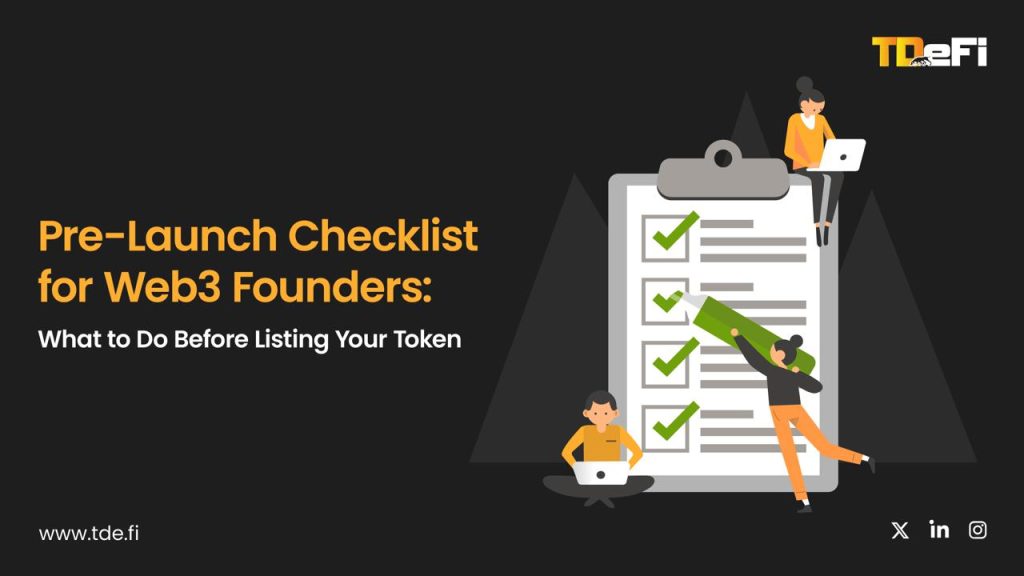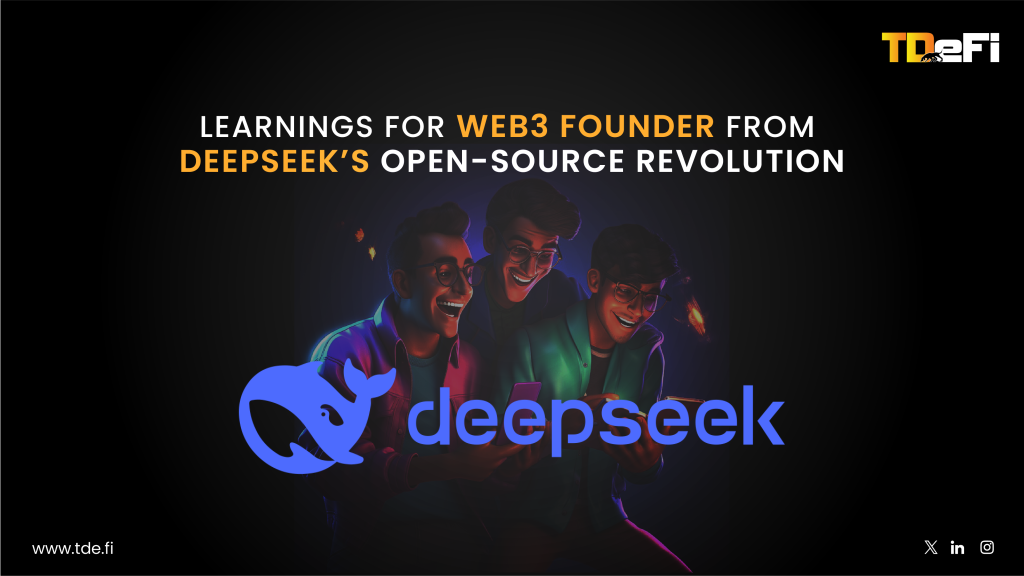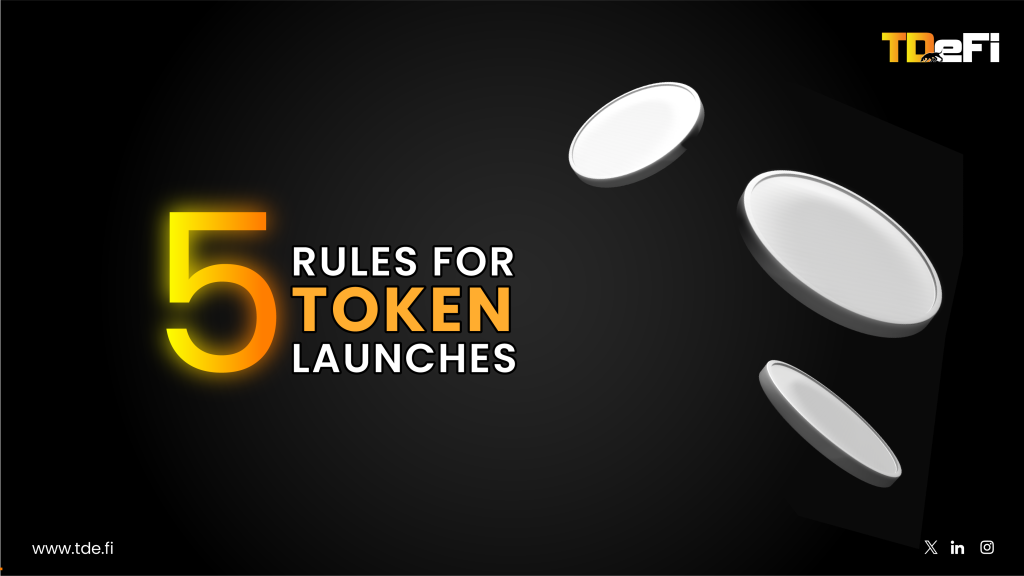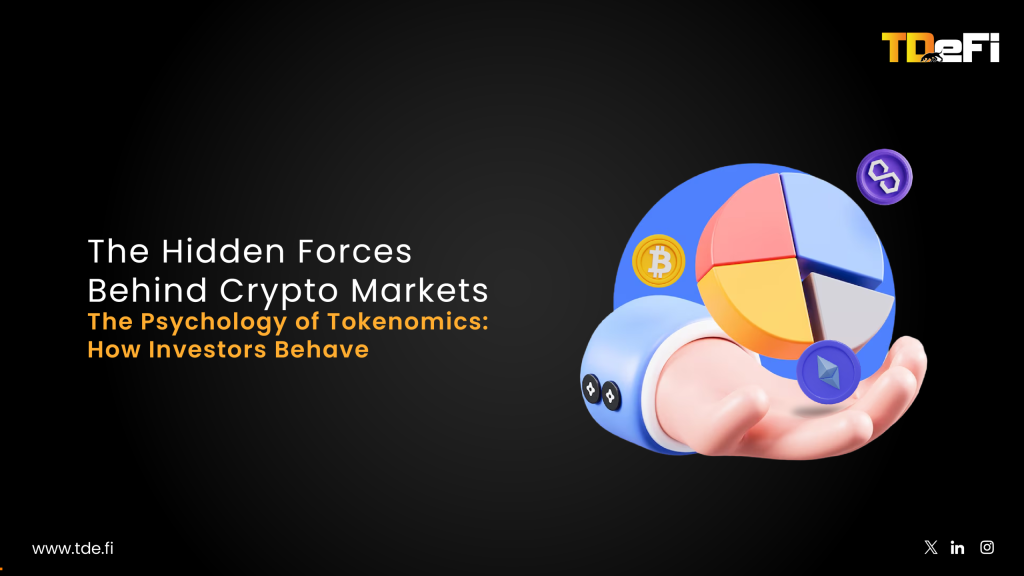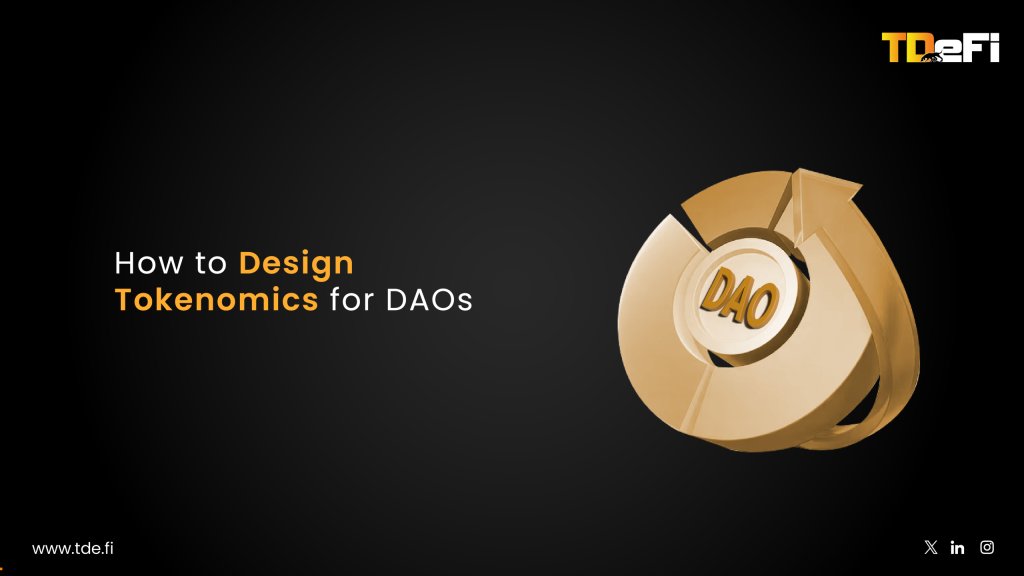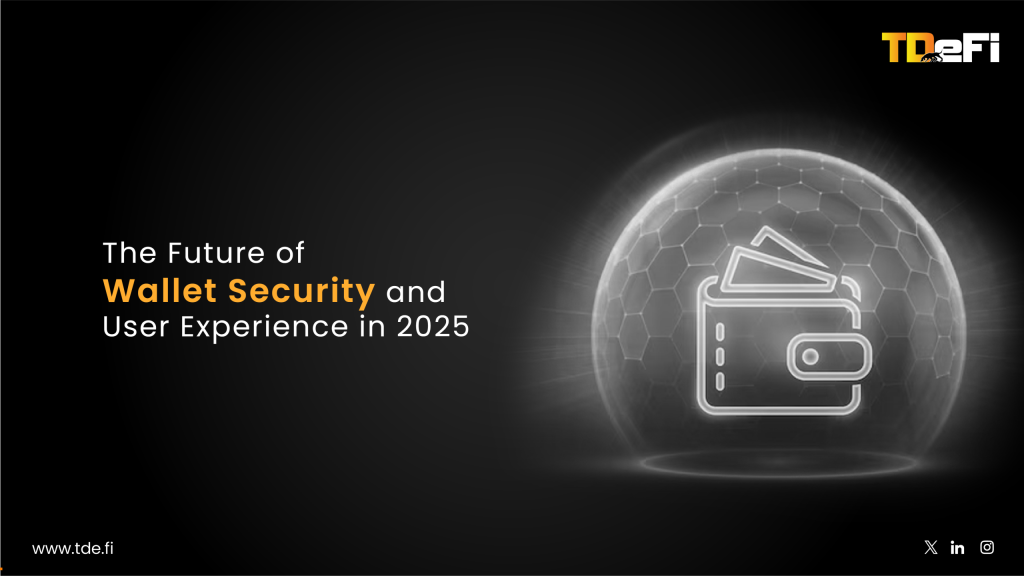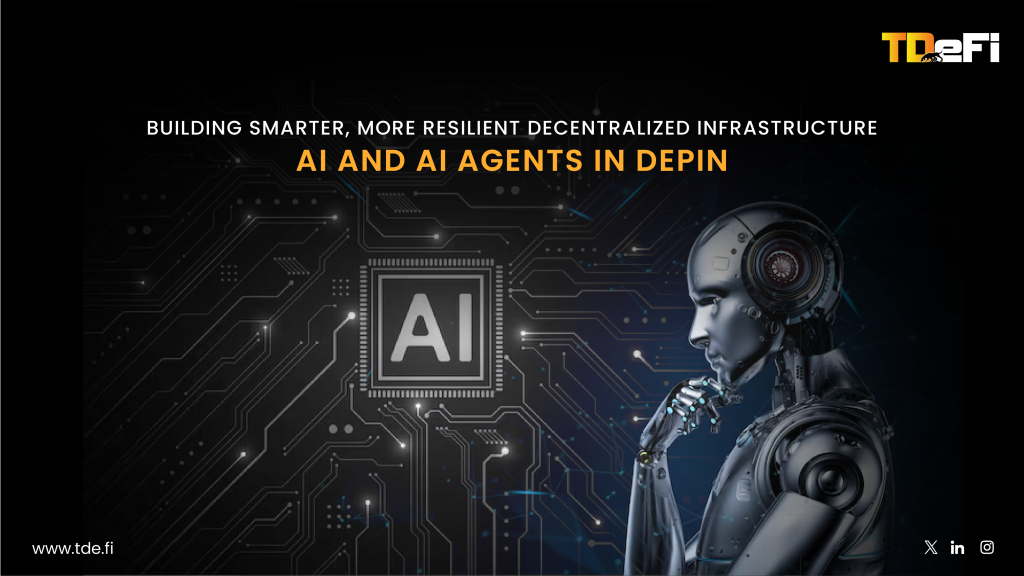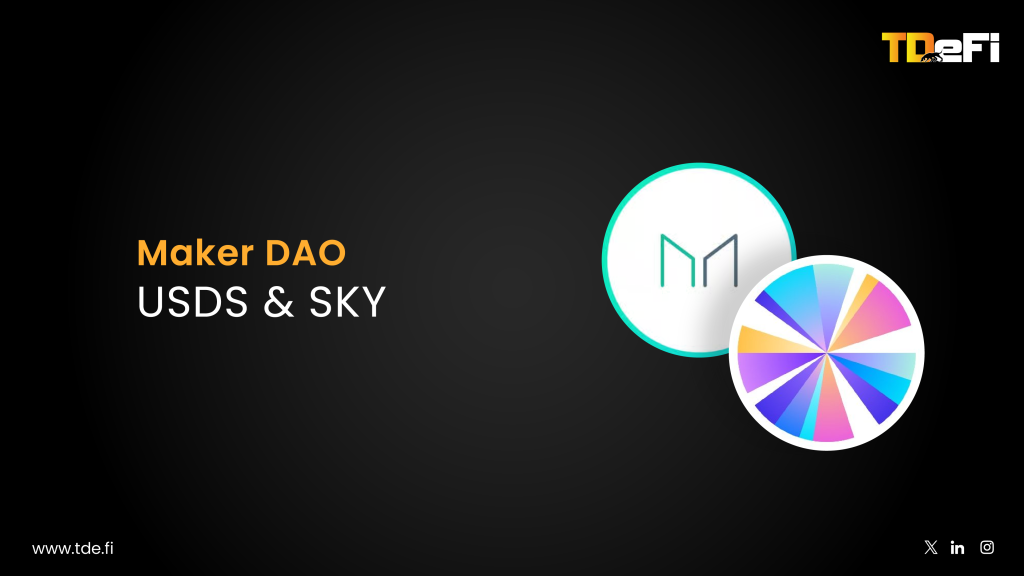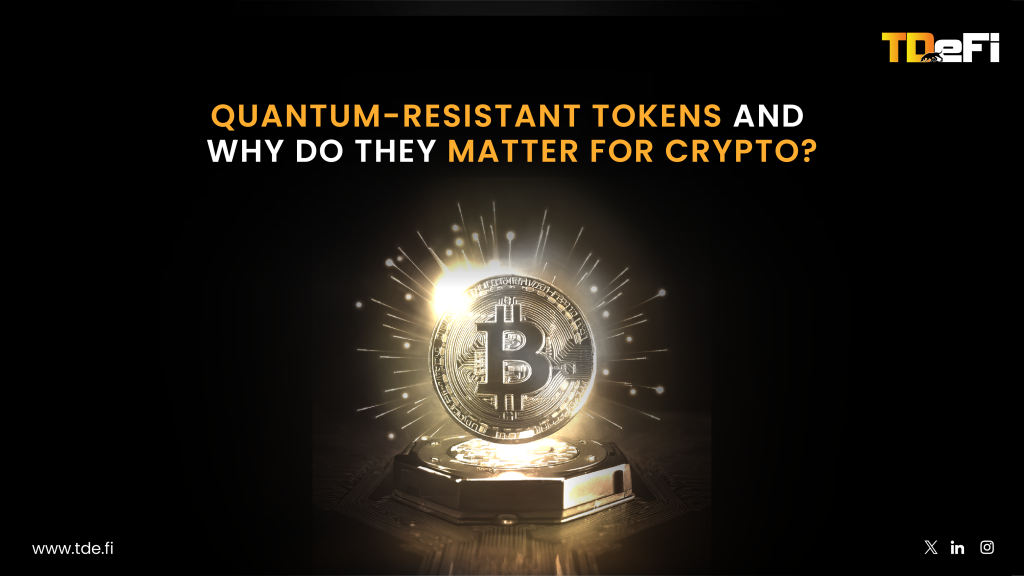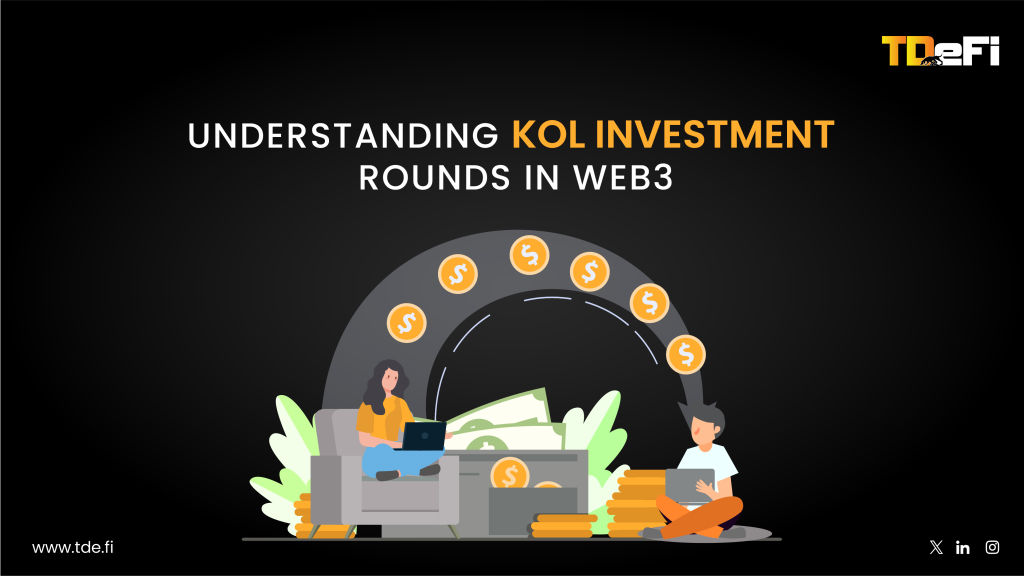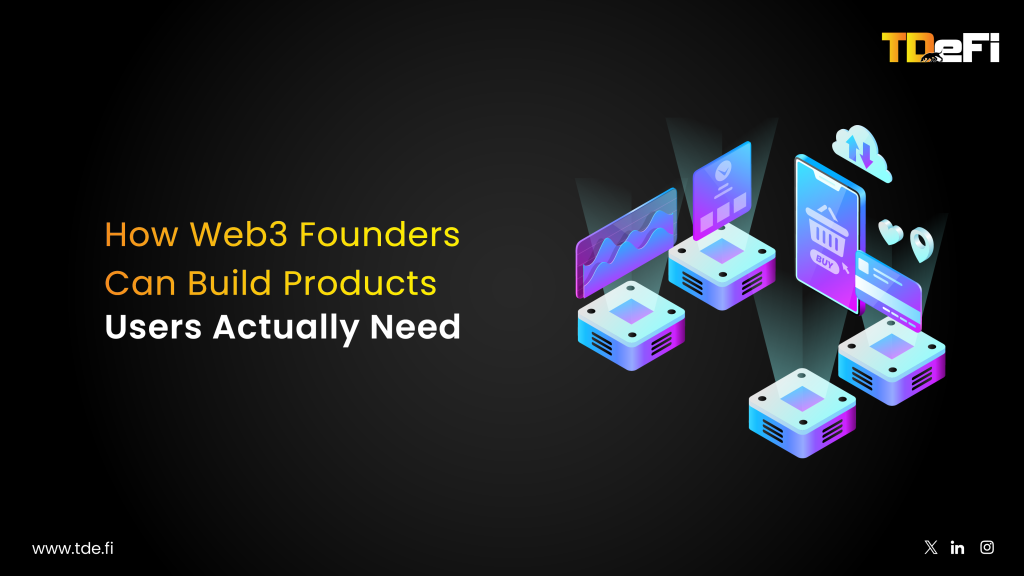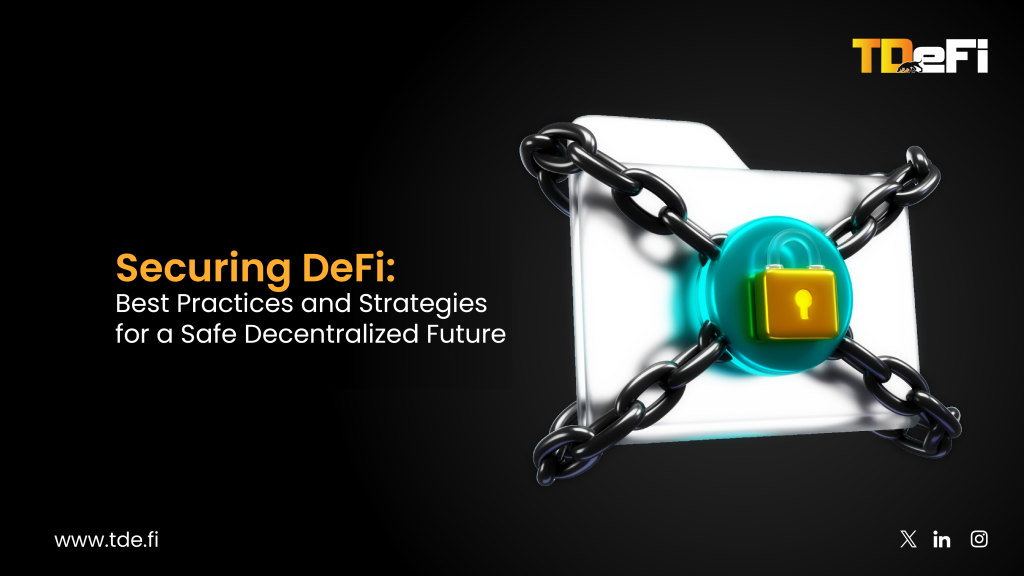TL;DR
Finding the right co-founder in Web3 can make or break your success. This blog takes a deep dive into actionable strategies to identify your ideal partner, from networking and attending events to leveraging online platforms and hackathons. It also offers a step-by-step guide to screen and vet potential co-founders, ensuring alignment in skills, vision, and values. Designed for Web3 founders, entrepreneurs, and investors, this blog equips you to tackle the unique challenges of building in the decentralized world.
Intro
In the high-stakes world of Web3, where innovation moves at breakneck speed, finding the right co-founder has become a critical imperative. Imagine this: you’ve got a path-breaking idea for a decentralized application (dApp), but without the right partner to complement your skills and share your vision, that idea may never reach its full potential.
In this blog, we will explore strategies and insights to help you find your ideal co-founder in the Web3 space—someone who complements your strengths and shares your vision for a decentralized future.
Understanding the importance of a Co-founder in Web3
A co-founder is your confidant, strategist, and equal stakeholder in both risks and rewards. In Web3, where volatility is high and the technology is still maturing, having a co-founder who supports you is a must. Here’s why:
- Complementary skills: A co-founder should bring expertise that you lack. For example, if you’re a technical founder, you might need someone with strong business acumen or community-building skills. In Web3 startups, where both technical knowledge and market understanding are equally important, finding someone who balances these two aspects is all that’s needed.
- Shared workload: Web3 startups are demanding. A co-founder helps distribute responsibilities, allowing you to focus on your strengths while they handle other critical areas like fundraising or operations.
- Emotional support: The startup journey is full of highs and lows. A co-founder can provide emotional resilience during tough times. When traversing regulatory uncertainty or market downturns in Web3, having someone who shares the burden can prevent burnout and provide the support you need.
- Credibility: Investors often look for balanced founding teams. A strong co-founder can lend credibility to your startup, especially in investor meetings where they want to see both technical soundness and business skills.
Identifying your Co-founder
Before you start searching for a co-founder, it’s essential to define what you’re looking for. Here are some key questions to ask yourself:
- What skills do I lack?: Start by assessing your own strengths and weaknesses. If you’re a technical founder, you may need someone with strong business acumen, marketing expertise, or fundraising experience. Conversely, if you excel at business strategy but lack deep technical knowledge, finding a co-founder with a solid understanding of blockchain development or smart contract engineering is essential.
Example: The founders of Ripple, Chris Larsen (business) and Jed McCaleb (technical), combined their skills to build a successful blockchain-based payment system.
- What qualities do I value?: Beyond skills, it’s important to consider personal qualities such as work ethic, communication style, and problem-solving abilities. Consider how they handle stress, how they communicate under pressure, and whether they are adaptable in a fast-changing environment like Web3. The right co-founder will not only bring technical or business expertise but will also share your values and approach to tackling challenges.
Example: Hayden Adams, the founder of Uniswap, shared a passion for decentralized finance (DeFi) with key members of the Ethereum community. His ability to learn quickly and solve complex problems—combined with support from advisors like Karl Floersch—was instrumental in building Uniswap into one of DeFi’s most successful platforms.
- Do we share the same long-term goals?: Sharing the same long-term goals with your co-founder is important for maintaining alignment as your startup grows. Have deep discussions about your startup’s future. Do you both envision scaling quickly, or are you more focused on building a sustainable, long-term project? Are you aligned on how to approach funding—whether through venture capital, token sales, or bootstrapping? What are your exit strategies? These conversations will help ensure that you’re both committed to the same outcomes
Where to find your ideal Web3 Co-founder
1. Leverage your network
Your existing network is often the best place to start. Many successful startups have been built by founders who knew each other from previous professional or academic experiences. Here are some key places to explore within your network:
Industry events
Web3-focused conferences and events are an excellent way to meet like-minded individuals who are passionate about blockchain technology and decentralized systems. Start by attending conferences like Token 2049, Consensus, or DevCon, etc. These events attract top investors, entrepreneurs, and developers deeply involved in blockchain technology. Before attending, research the event page thoroughly—check out panel discussions and speaker profiles. Identify sessions that align with your project’s focus and use these as networking opportunities.
Additionally, don’t overlook local meetups in your region. Many cities have engaged Web3 communities where founders and enthusiasts gather to share ideas and collaborate on projects.
Web3 communities
Online communities are another great way to connect with potential co-founders. Platforms like Discord and Telegram host vibrant Web3 communities where builders and innovators come together. Some notable communities include:
- r/cryptocurrency on Reddit: A popular subreddit where crypto enthusiasts discuss trends, projects, and opportunities.
- MolochDAO: A decentralized autonomous organization (DAO) focused on funding Ethereum infrastructure projects. DAOs like MolochDAO are excellent places to meet individuals who are deeply invested in the future of Web3.
Alumni networks
Don’t underestimate the power of your alumni network. Reach out to former classmates or colleagues who share an interest in Web3. Alumni networks often provide a trusted environment where you can find individuals with whom you already have a rapport. For example, many successful startups have emerged from university connections—Vitalik Buterin, for example, met many of his Ethereum collaborators through his involvement in university-based crypto research groups.
2. Co-founder matching platforms
Platforms specifically designed for finding co-founders can be invaluable, especially if your immediate network doesn’t yield results. These platforms connect entrepreneurs based on shared interests, skills, and values. Some popular platforms to explore are CoFoundersLab, Founders Nation and FoundersList.
Additionally, leveraging platforms like TDeFi can be beneficial. TDeFi is an incubation platform that supports early stage Web3 startups by providing mentorship, funding opportunities, and networking events. TDeFi helps founders connect with potential co-founders through its extensive network of blockchain experts and entrepreneurs. It’s an excellent resource if you’re looking for a founder who has already been vetted by industry professionals. This ensures you’re not just meeting someone with the right skills but also someone who understands the nuances of building in the Web3 space.
3. Hackathons
Hackathons are great environments to meet potential co-founders who are passionate about building in Web3. Many successful startups like Gitcoin were born out of hackathons where developers teamed up to solve real-world problems. Platforms like BizThon list hackathons happening globally, many of which focus on Web3 platforms and blockchain development—giving you an opportunity to meet talented individuals who could become your potential long-term founders. For example, if you’re participating in a hackathon focused on decentralized identity solutions, look for teammates who not only contribute technically but also bring innovative ideas to the table. Use this collaboration as a trial run to evaluate their problem-solving approach and how well they align with your vision.
4. Freelance platforms
While primarily used for hiring freelancers, platforms like Upwork or Fiverr can also be places where you meet talented individuals who could evolve into long-term partners. Consider using niche platforms like TopTal, which specializes in high-quality talent across blockchain development. This could lead to finding your ideal co founders who share your vision.
Screening potential Co-founders
Once you’ve identified potential co-founder candidates, it’s crucial to thoroughly vet them before committing. In Web3, where the arena is constantly evolving, choosing the wrong co-founder can lead to misaligned goals, conflicts, or even the failure of your startup.
Here’s a step-by-step guide to screening potential co-founders effectively:
1. Initial Conversations
The first step in screening a potential co-founder is to have open and honest conversations about your long-term goals and vision for the startup. This phase is all about understanding whether you share the same values, aspirations, and work ethics.
Key areas to discuss:
- Long-term goals: Are they committed to building the Web3 future? Do they align with your vision for the startup? For example, if your focus is on building a DeFi protocol, but they’re more interested in NFTs or gaming, there could be a misalignment down the road.
- Cultural fit: Cultural fit is critical in any partnership. Assess their work ethic, communication style, and how they handle stress or uncertainty. Web3 startups often involve long hours and navigating uncharted territory—your co-founder needs to be someone you can trust during difficult times.
- Red flags: Be on the lookout for red flags such as arrogance, lack of enthusiasm, or an unwillingness to compromise. In Web3’s fast-paced environment, humility and adaptability are key traits for success. Someone who is overly rigid or dismissive of new ideas could become a liability.
2. Deep dive
After initial conversations, it’s time to dig deeper into their background and assess their skills more rigorously. This phase is about verifying their experience and evaluating how they handle real-world challenges.
Steps for a deep dive:
- Background check: Verify their claims about experience and skills. In Web3, where technical expertise is often crucial (e.g., smart contract development or cryptography), it’s essential to ensure that they have the necessary qualifications. Use platforms like LinkedIn or GitHub to review their past work.
- Problem-solving abilities: Present hypothetical challenges relevant to Web3 and gauge how they approach problem-solving. For instance, consider how would they handle a smart contract vulnerability? Or what strategies would they implement if faced with regulatory hurdles in different jurisdictions?
Their answers will give you insight into their critical thinking skills and how well they understand the unique challenges of the blockchain space.
- Commitment level: Observe their commitment by setting deadlines during small collaborative projects. For example, ask them to contribute to a whitepaper draft or prototype a feature for your dApp. If they miss deadlines or deliver subpar work, it might indicate a lack of dedication.
3. Trial period
Before formalizing any partnership, it’s wise to test your working relationship through a trial period. This allows both parties to assess compatibility without long-term commitments.
Key actions during trial period:
- Collaborative project: Work together on a small project that simulates real-world conditions in your startup. This could be developing an MVP (Minimum Viable Product), running a marketing campaign for an ICO/IDO launch, or even organizing a community event on Discord.
- Honest feedback exchange: Provide constructive feedback throughout the project and observe how they respond. Are they open to criticism? Do they offer valuable insights in return? A co-founder who can’t handle feedback may struggle with collaboration in high-pressure situations.
- Assess teamwork dynamics: Evaluate how well they communicate and collaborate during the trial period. Do they take initiative? Are they proactive in solving problems?
Closing thoughts
Finding the right co-founder for your Web3 startup is about building a partnership based on trust, shared vision, and complementary strengths. By taking the time to define what you’re looking for and actively networking within relevant communities, you significantly increase your chances of success in this competitive space. The journey to finding the right co-founder may seem challenging, but it doesn’t have to be exhausting. Platforms like TDeFi could offer exciting opportunities for those seeking co-founders, with a rich network of blockchain experts and entrepreneurs aligned with Web3. We also give event exposure to our audience, allowing them to share their ideas with a broader network and connect with potential partners and investors. Want to know how? Read here.





